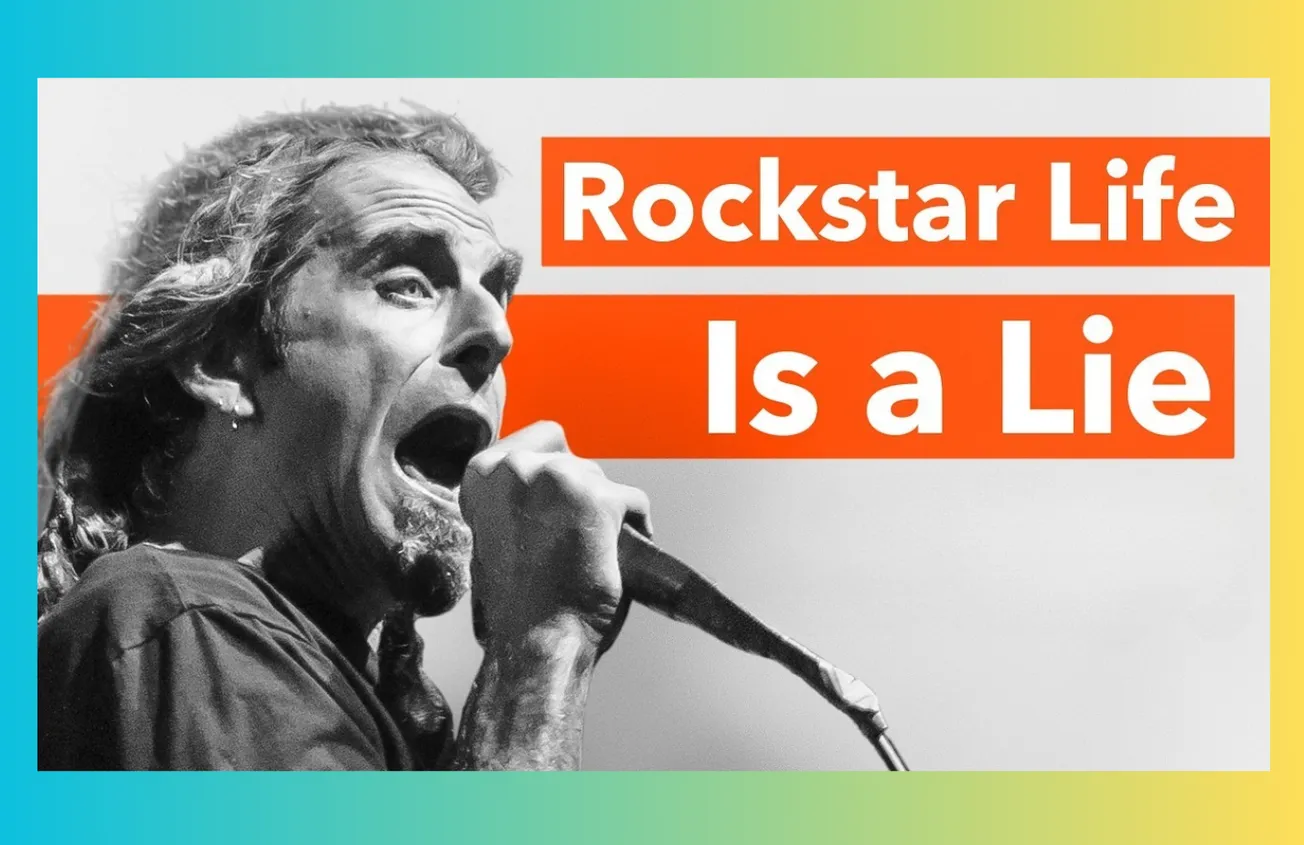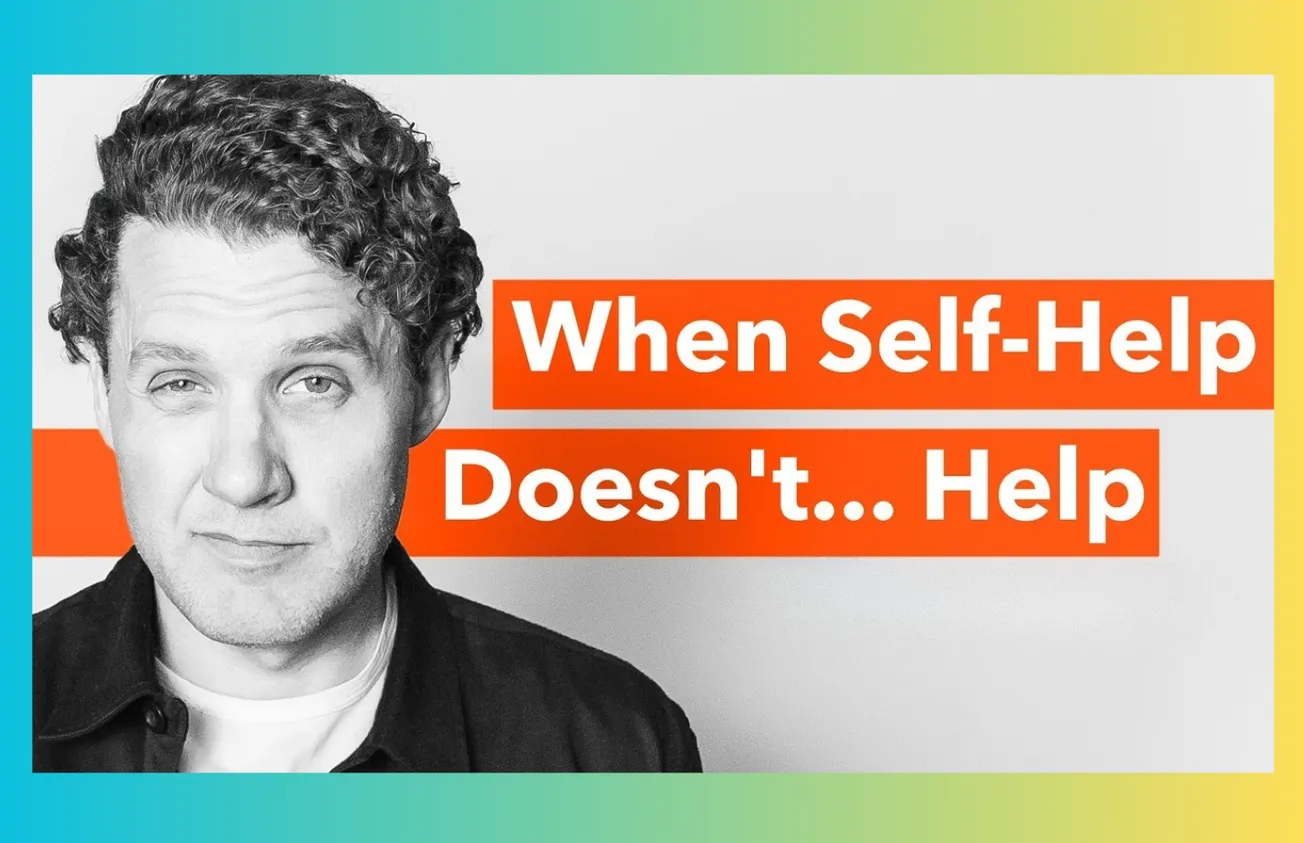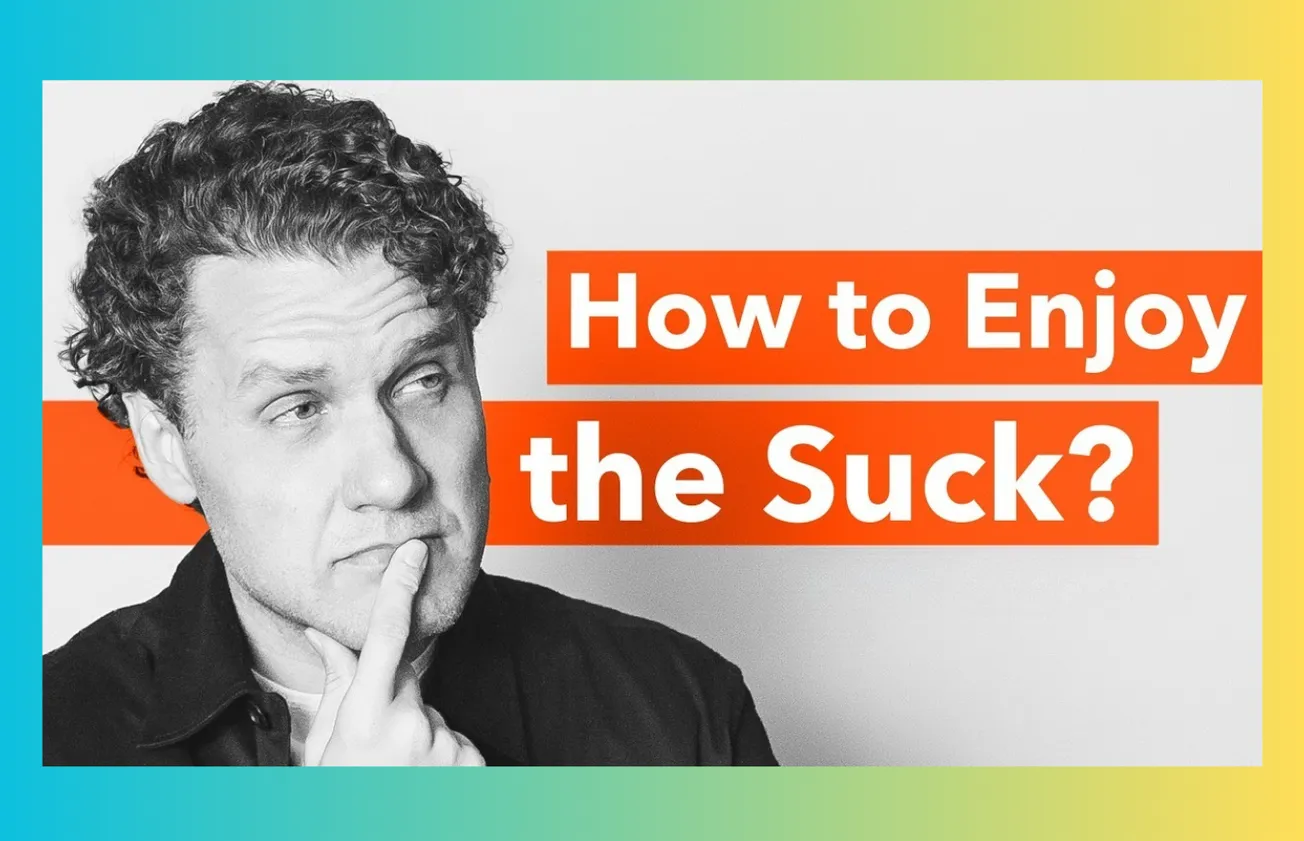Table of Contents
Randy Blythe’s journey from punk rebellion to global metal fame, addiction, imprisonment, and eventual clarity is a chaotic masterclass in resilience, creativity, and facing life’s extremes. This conversation reveals the raw truths behind the myths—and how personal reckoning often hides beneath the noise.
Key Takeaways
- Behind the myth of rock excess is a story of recovery, growth, and radical self-awareness.
- Addiction often disguises itself as creativity's enabler but ultimately erodes the artist.
- True artistic freedom often begins with internal discipline and sobriety.
- The music industry glamorizes chaos but rarely helps artists survive it.
- Brotherhood in bands is real—but it's messy, hard-earned, and often resembles a marriage.
- Sobriety doesn't kill creativity; it sharpens and deepens it.
- Prison broke Randy, then helped rebuild him into someone more intentional.
- Punk rock’s rebellious ethos shaped Randy's entire worldview—and still influences his moral compass.
- Music is not escape—it’s expression, release, and in Randy’s case, salvation.
- Chaos is easy. Maturity is the real revolution.
- To endure in the music world, you need more than talent—you need emotional endurance.
From Punk Rebellion to Metal Icon
- Randy’s entry into punk came at a time when he felt like a total misfit. A cassette of the Sex Pistols turned confusion into purpose.
- It wasn’t the music alone—it was what it represented: defiance, individuality, and a loud rejection of conformity.
- DIY shows and underground scenes gave him community when nothing else did. Punk said, “You belong—even in your brokenness.”
- Though Lamb of God veered toward metal, the punk sensibility—raw, confrontational, authentic—never left him.
- The music wasn’t just about sound. It was about belonging, building a tribe from noise and fury.
- Punk wasn’t a phase—it was the lens through which he learned to see the world, authority, and himself.
Addiction, Identity, and the Myth of the Artist
- Randy adopted the myth of the tortured artist. Drink like Bukowski, live like Kerouac—except without the pages.
- Substance use became his armor and his prison. It fueled performances until it hollowed everything else.
- Touring with the biggest bands in the world brought no peace. Joy turned into ritual, and then into numbness.
- His lowest point? A paradise morning in Australia that felt like nothing. No wonder. No meaning. Just blank.
- Sobriety began not as hope—but as surrender. As “I can’t do this anymore.”
- Creativity didn’t die. It resurrected.
- The realization hit: you can’t write about real pain when you’re too numb to feel it.
- He was idolizing the damage instead of honoring the recovery.
Sobriety: The Hardest and Best Decision
- Early sobriety was brutal. The fog lifted, but so did the shield. Raw emotions returned, and they were overwhelming.
- He feared sobriety would dull him. Instead, it clarified him. It turned the volume down on everything that didn’t matter.
- Ideas flooded in—not manic, but meaningful. He became a better lyricist, a better performer, a better friend.
- He realized sobriety didn’t strip away art—it stripped away ego. The noise outside dimmed. The voice inside sharpened.
- “It’s not that I lost the chaos. I just stopped worshiping it.”
- He swapped adrenaline for intention. And the result? He didn’t just survive—he thrived.
- There’s a myth that sobriety is the death of edge. Randy proves it’s the start of mastery.
Brotherhood, Bands, and Being a Human at Home
- A band is not a job—it’s a bond. One that has to evolve if it’s going to last.
- Lamb of God didn’t stay together because it was easy. They stayed because they built something bigger than themselves.
- They fought. They walked away. But they also learned how to return, and how to grow up in the same room.
- Success didn’t make them tighter—maturity did. They learned when to give space, when to lean in, and when to shut up.
- The goal was never to be best friends. The goal was to make music that none of them could make alone.
- Touring isn’t glamorous—it’s exhausting. But it also carves out a kind of trust few other relationships demand.
- Randy notes the deeper rhythm: surviving the road together builds a muscle you can't build anywhere else.
- It's not just about the band. It's about the shared story—the scars, the fights, the forgiveness, and the music forged from it all.
Prison and the Unexpected Gift of Perspective
- The Prague arrest was sudden, terrifying, and surreal. One minute: stage. Next minute: cell.
- The accusation shook him—but it was the uncertainty that almost broke him.
- Prison didn’t crush him. It peeled him. Stripped of identity, fame, even language—he met himself.
- With no distractions, he found meditation. Writing. Breathing. Gratitude.
- He came out of it changed—not saved, but sobered by life in the purest sense.
- “The walls weren’t the punishment. The silence was. But that silence taught me everything.”
- Perspective is earned, not taught. And sometimes, it takes four walls and a concrete floor to see clearly.
- It gave him what no tour ever could: stillness.
Metalheads Are the Nicest People
- The stereotype of aggressive fans doesn’t hold. Metalheads are among the most compassionate, respectful, and emotionally literate communities.
- The music is heavy—but it offers release, not repression.
- At metal shows, there’s an unspoken rule: protect each other. Mosh pits aren’t war zones—they’re dance floors of catharsis.
- Anger is welcome, but violence isn’t. Sadness is honored, not shamed.
- Metal lets people feel everything they can’t say anywhere else. It’s loud empathy.
- The genre embraces emotional complexity like few others—rage, grief, resistance, all wrapped in riffs and rhythm.
- That’s why people stay for decades. Because it’s not just music. It’s emotional architecture.
Modern Rebellion: Sobriety, Discipline, and Creating Anyway
- Today’s rebellion isn’t wreckage. It’s rebuilding. It’s meal prep, early mornings, therapy, and doing the thing no matter what.
- Punk once meant chaos. Now it means healing. Now it means showing up on time and doing your reps.
- Randy calls this “the boring revolution”—and it’s saving lives.
- Art doesn’t need dysfunction. It needs intention. It needs space to breathe.
- When life stops being performative, it can finally become purposeful.
- You can scream on stage. But you also need to be able to whisper to yourself.
- The new punk is presence. The new edge is emotional fluency. The new wild is doing it clean.
- This generation doesn’t need more wreckage heroes. It needs builders.
Final Reflection
Randy Blythe didn’t become legendary because he was reckless. He became legendary because he came back. Again and again. From addiction. From prison. From the lies artists are taught to believe. He didn’t just find himself—he built himself. Through noise. Through silence. And through the relentless decision to grow.
He shows us that the real story isn’t how wild you got—but how well you came home.









